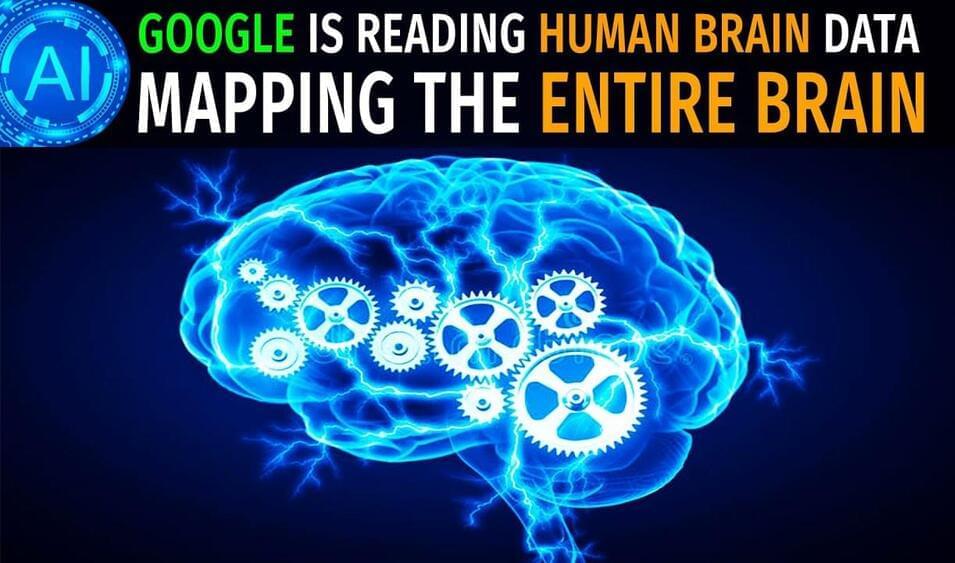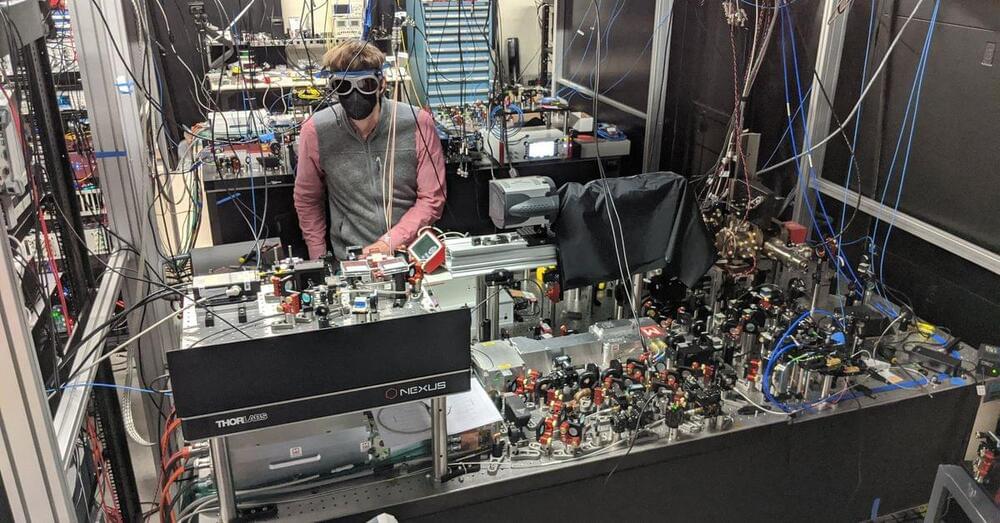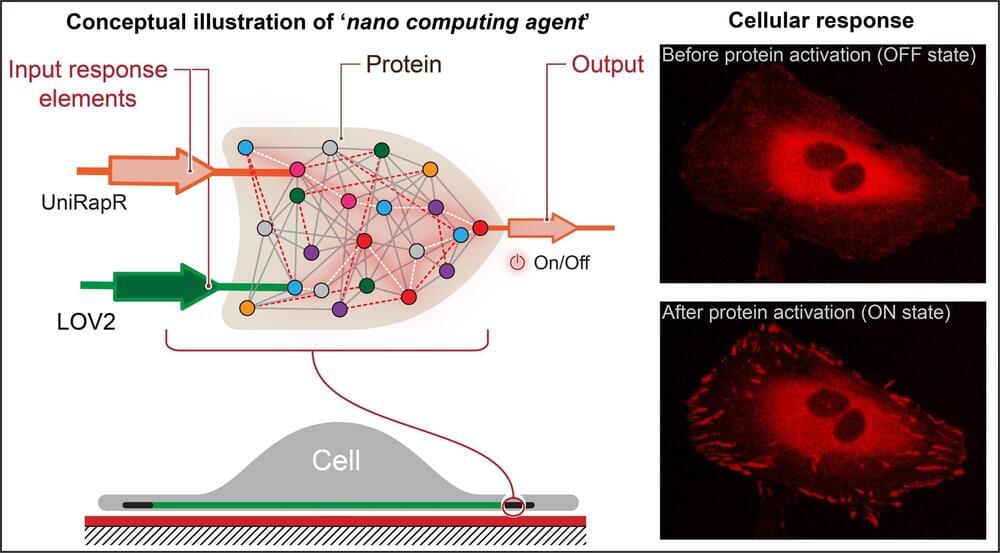Nov 18, 2021
How Google is Reading Your Thoughts — Scientists Mapping the Human Brain
Posted by Dan Breeden in categories: biotech/medical, computing, neuroscience
Google is secretly working with the world’s leading neuroscientists on mapping the entire Human Brain. Neuroscientists at have released the most detailed 3D map of the mammalian brain ever made. Google has helped them by funding their goal to create the most detailed map yet of the connections within the human brain. It reveals a staggering amount of detail, including patterns of connections between neurons, as well as what may be a new kind of neuron.
The applications in the field of Brain Computer Interfaces or understanding medical conditions are staggering. But it’s doubtful that this will just help companies such as Neuralink develop advanced future brain computer interfaces and will likely lead to Google doing evil things by understanding people’s way of thinking and delivering ads to them.
–
Continue reading “How Google is Reading Your Thoughts — Scientists Mapping the Human Brain” »


















